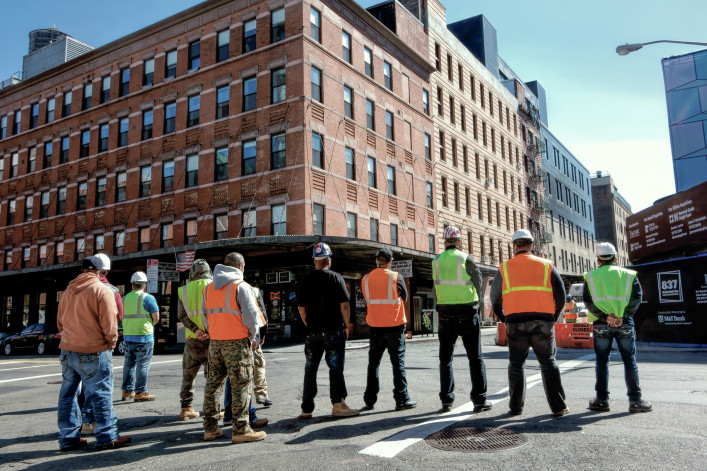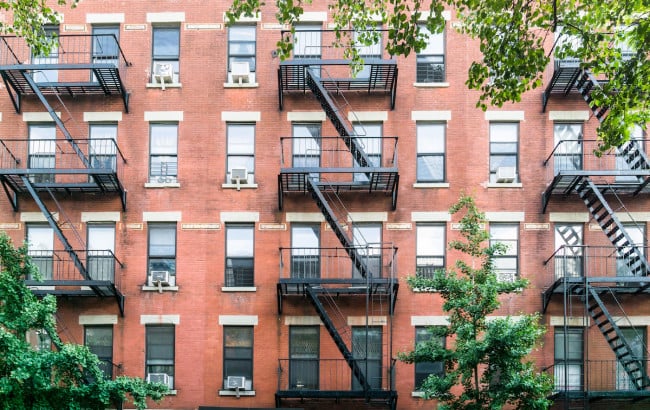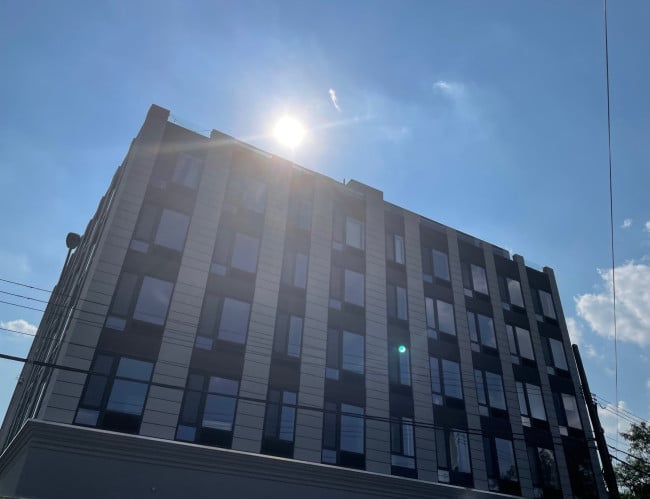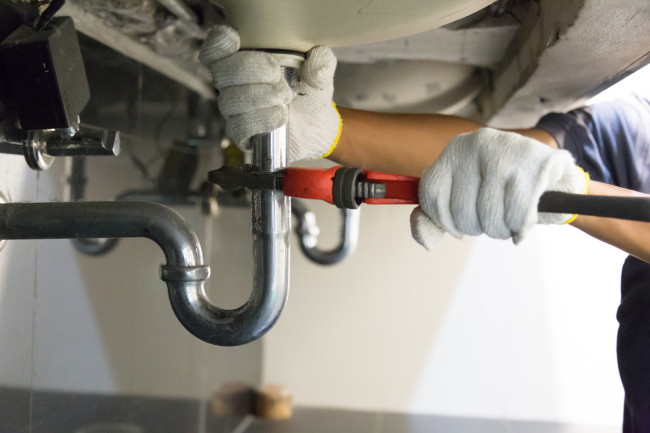What is a 'major capital improvement' and how does it affect the rent?
- Your landlord can raise your rent by up to 2 percent per year in exchange for big improvements to your building
- A major capital improvement has to be significant, such as replacing a buildings boilers, elevators, or roof

An MCI increase will raise your rent for 30 years.
iStock
A “major capital improvement” (MCI) usually means your rent is going up at your rent-stabilized or rent-controlled New York City apartment. But thanks to changes in the law, the increase is now capped at just a couple of percentage points.
The term refers to substantial building-wide upgrades, such as replacing the roof, boiler, windows, or electrical rewiring, which benefit the entire building. Cosmetic improvements or small repairs do not trigger this increase.
A landlord can raise the rent at a rent-stabilized or rent-controlled apartment by up to 2 percent per year in exchange for making the improvements, if they gain approval from the Department of Housing and Community Renewal (DHCR). Before sweeping rent reforms in 2019, landlords could hike a rent-stabilized tenant’s rent by 6 percent and a rent-controlled resident’s rent by 15 percent.
“The 2 percent cap has been extremely helpful,” said Michael McKee, treasurer of the Tenants Political Action Committee. “These rent increases of the past had been obscenely unaffordable—hundreds of dollars a month for some people.”
[Editor’s note: A previous version of this article ran in November 2018. We are presenting it again with updated information for September 2024.]
The nitty gritty of MCIs
To qualify as an MCI, the city requires the work to relate to the operation, preservation, and maintenance of a building. That includes things like replacement elevators, fire escapes, and water tanks.
Another requirement is the system that's being replaced needs to have outlived its state-mandated useful life schedule, so plumbing fixtures can only be counted at MCIs if the landlord replaces them after 25 years—their estimated life-span.
There are 25 categories on the list, including replacing doors, windows, air conditioners (or central air), resurfacing exterior walls, and even pointing—filling the joints of brickwork or masonry.
Rent hikes are capped
Even though rent increases are capped at 2 percent per year, it’s important to understand that your rent could rise for multiple years in a row, depending on the cost of the MCI, McKee said.
“It’s a cap on how much the landlord can collect from an MCI in one year,” McKee said. “If DHCR approves a 4 percent rent increase, the landlord can collect 2 percent the first year and 2 percent the second year.”
To qualify for an MCI, a landlord needs to get approval from the DHCR and any other relevant government agencies; they can’t automatically raise your rent. After a landlord applies with the DHCR, the department will then notify tenants who have 60 days to raise objections to the application.
Notably, landlords cannot secure a rent increase for an MCI at buildings that have 35 percent or fewer rent-regulated units. Nor can they keep rent increases forever; MCI increases must be removed after 30 years, though McKee said that’s hard to enforce.
To stay on top of things, you can request your rent history to double-check your landlord’s math. If you think you're being overcharged, you can file a complaint with DHCR.
An earlier version of this article contained writing and reporting by Emily Myers.





























